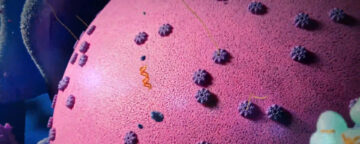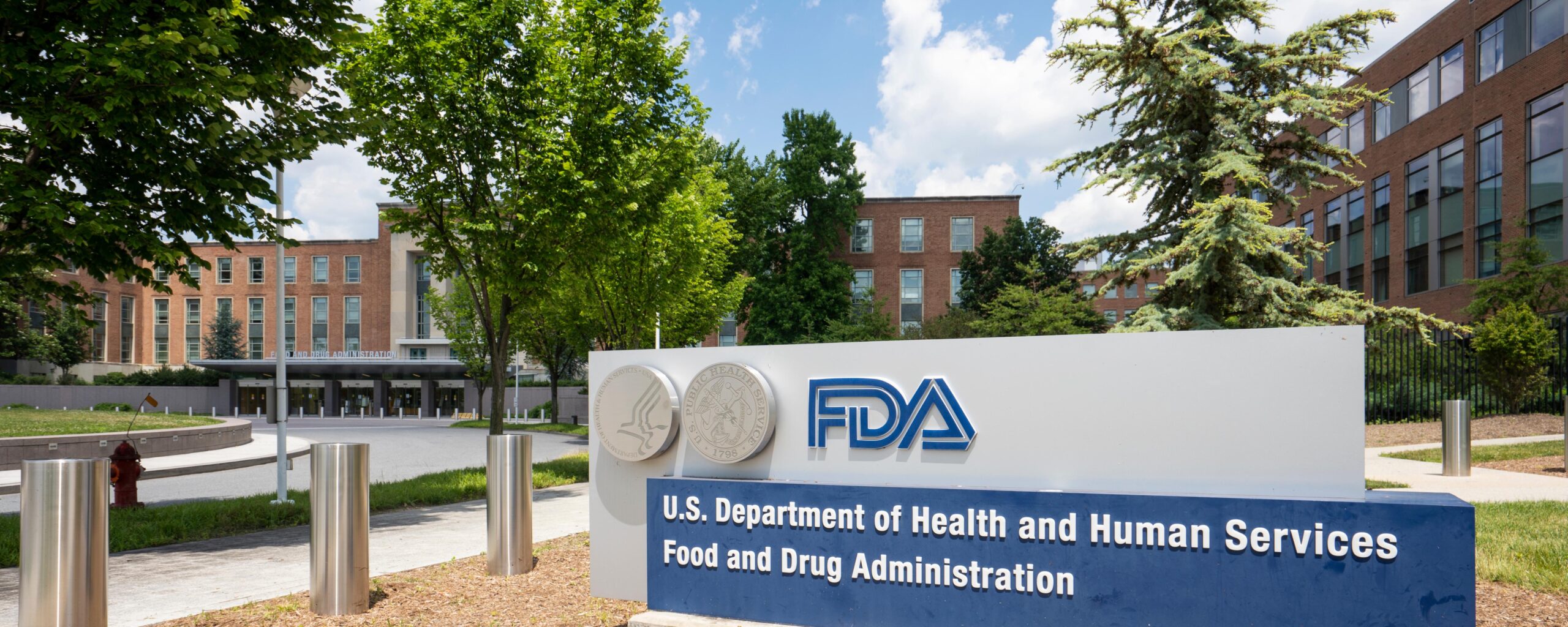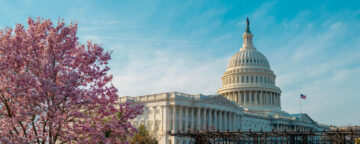FactCheck.org released its list of the top falsehoods in American politics of 2025, featuring claims about health, the economy, the war in Ukraine, and more.



FactCheck.org released its list of the top falsehoods in American politics of 2025, featuring claims about health, the economy, the war in Ukraine, and more.

A new APPC survey reveals a lack of knowledge among the public about what pertussis (whooping cough) is and what its symptoms are.

Despite December's historically low suicide rates, some news accounts incorrectly link the holidays to increases in suicides, APPC data find.

Most Americans would be likely to recommend the hepatitis B vaccine for a newborn, according to a new APPC survey.

Showing people a "mental model" of scientific concepts may help undercut vaccine-related misconceptions, according to new APPC research published in PNAS.

An APPC survey finds public support of the MMR vaccine has declined since November 2024, and the public is confused about whether HHS Secretary RFK Jr. recommends the MMR vaccine.
APPC survey reveals a reluctance among the public to recommend that someone who is pregnant receive certain routine vaccinations.

An APPC survey finds that public confidence in U.S. health and science agencies has dropped since the inauguration of President Donald Trump.

New APPC survey reveals an increase in Americans' ability to answer basic civics questions, like naming the three branches of government.

New APPC research reveals that the increased occurrence of guns in U.S. movies paralleled the increase in gun-related deaths among young people.